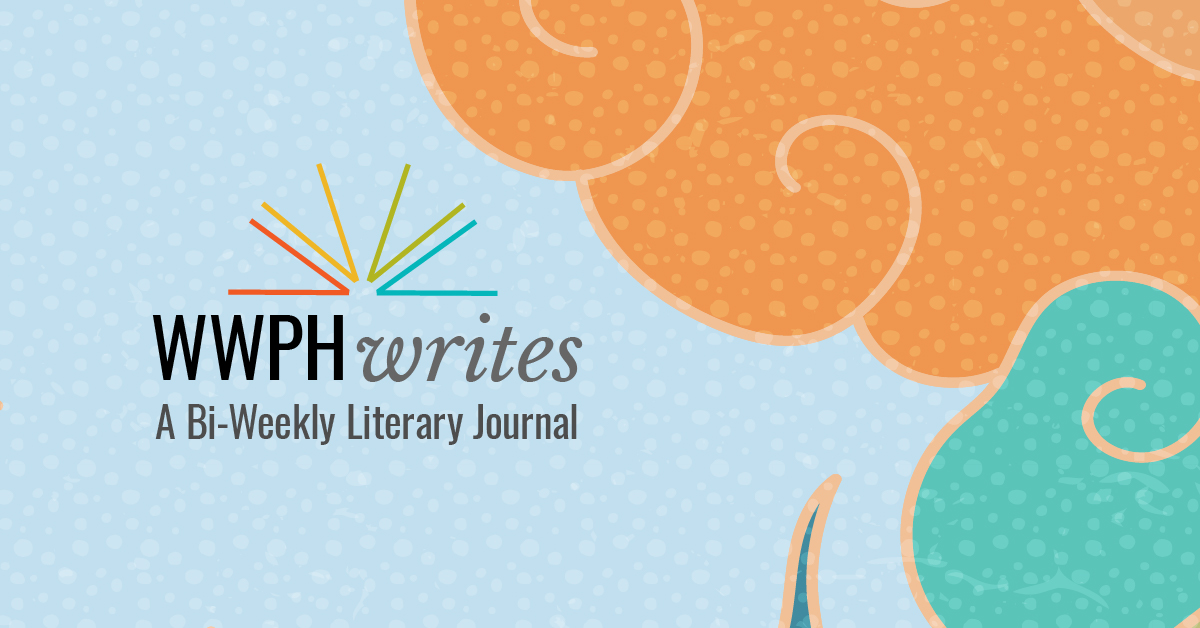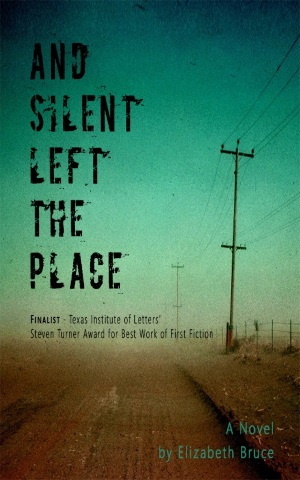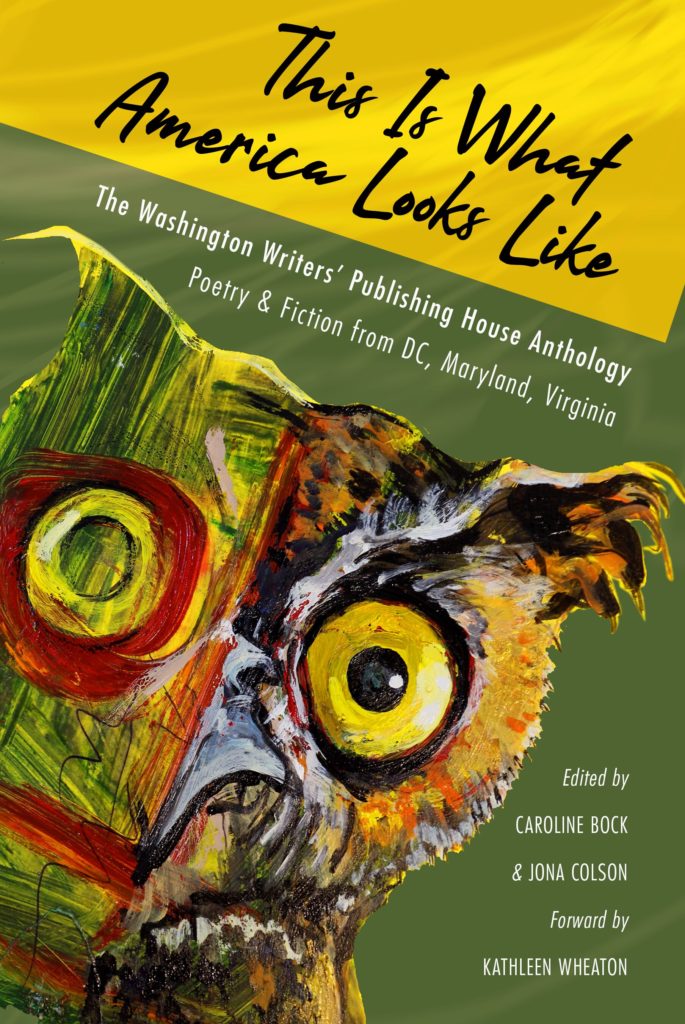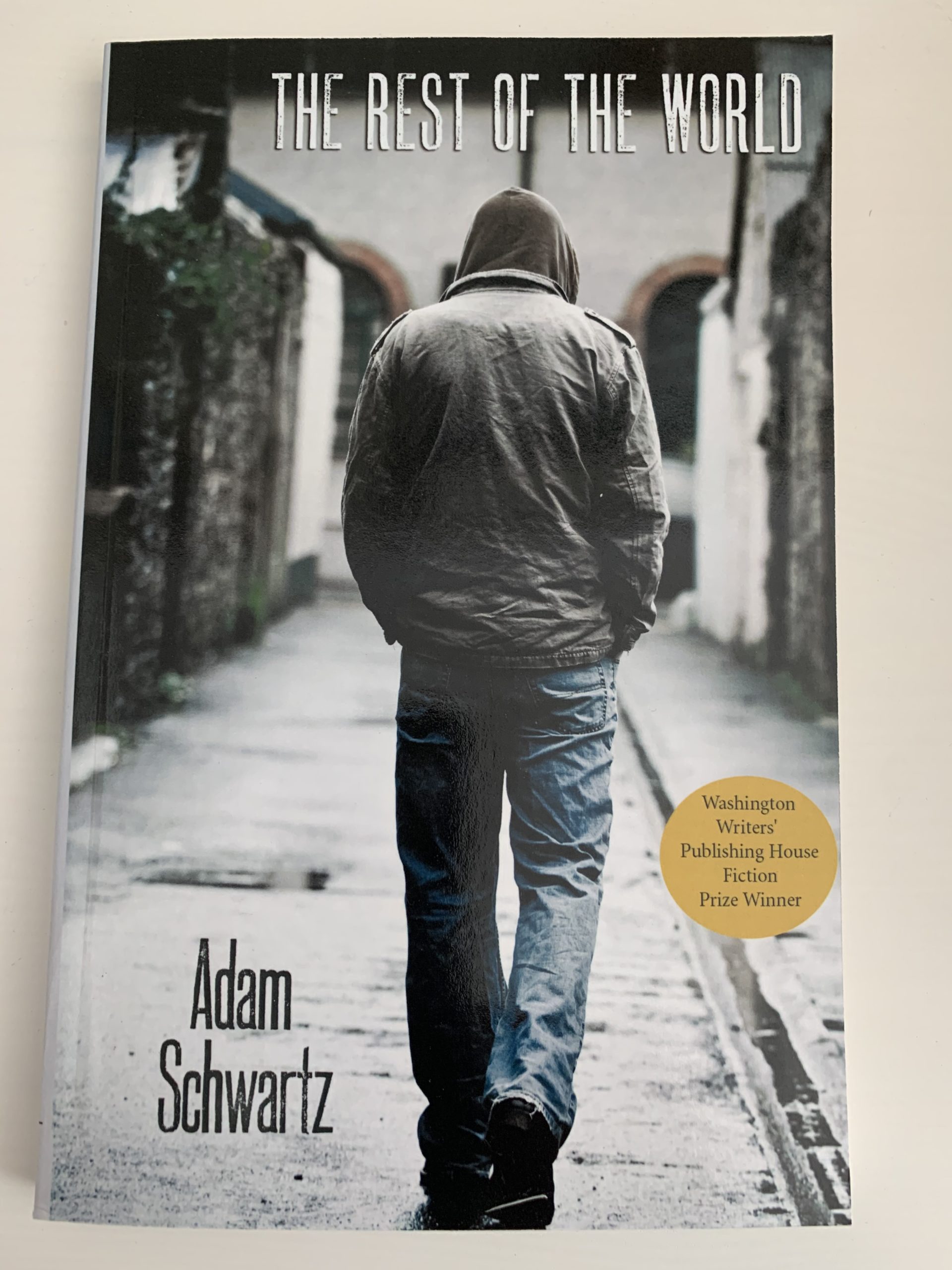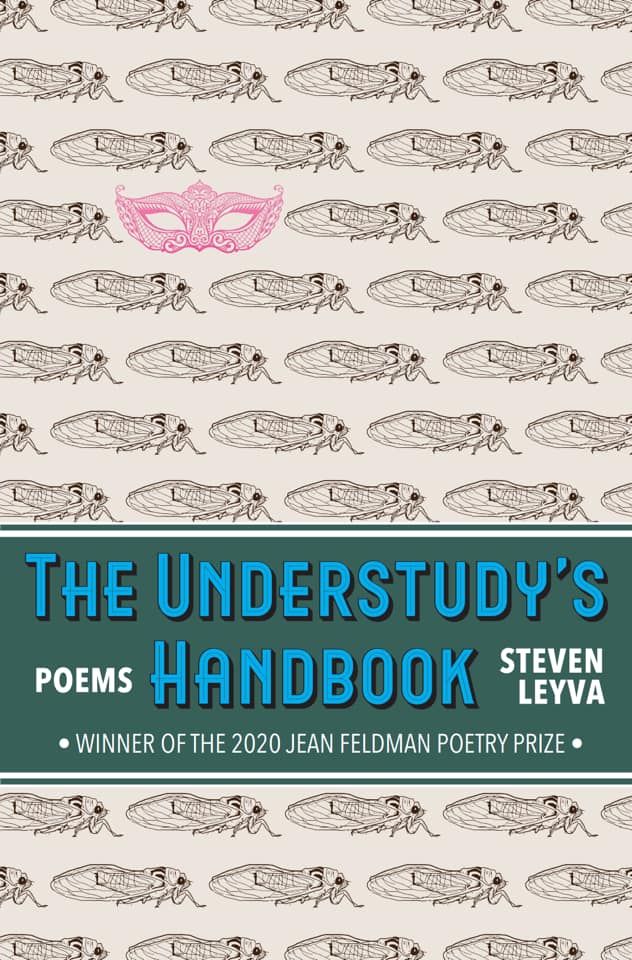
Gatherings are happening again in our writing, after so long an isolation–a moment captured at Miriam’s Kitchen in DC in Bonnie Naradzy’s poem “Life Is Like The Flight of Bede’s Sparrow,” and with a couple, who connects and disconnects over a Happy Meal, in Len Kruger’s “Collectors.”
Plus, see below for a special call for submissions for our summer issues. Thank you all for being part of the WWPH Community!
Caroline Bock
Fiction editor, WWPH Writes
WWPH Writes: Poetry
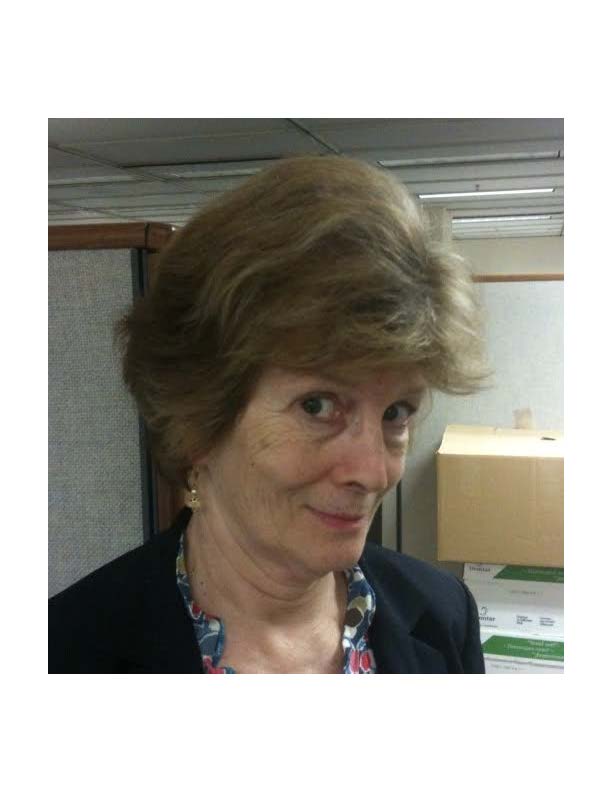
Bonnie Naradzay’s poems have appeared in AGNI, New Letters, RHINO, Kenyon Review, Tampa Review, Florida Review, EPOCH, and many others, and her essay on friendship was published in the anthology, Deep Beauty. She leads poetry workshops for homeless people and residents of retirement communities. In 2010, she won the University of New Orleans’ MFA prize: a month’s stay in Ezra Pound’s daughter Mary’s castle in Northern Italy.
Life is Like the Flight of Bede’s Sparrow
Had I not met the souls who gather at Miriam’s Kitchen
each morning for a meal, I could not have shared poems
that sway like sensate trees, that are not just standing there
stripped of leaves, nor could I have heard Daryl, who sleeps
near the M Street Bridge, say he likes how the shadows
of birds’ wings pass over his heart. I would not have seen
the robin lying dead on the sidewalk. Did it fall from the sky,
unlike the geese that glide overhead trailing their legs in flight,
or the starlings appearing to wait in the wings only to vanish
from sight? But since then I have lifted my eyes to the rafters
here as Bede’s sparrow flies through the church basement
where we linger before disappearing into the darkening light
© Bonnie Naradzay 2022
WWPH Writes: Fiction
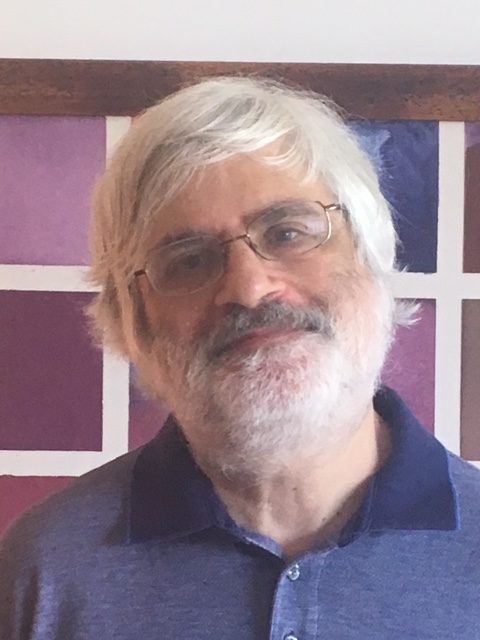
Len Kruger lives in Washington, D.C., and is a graduate of the MFA Program at the University of Maryland. His short fiction has appeared in Zoetrope-All Story, The Barcelona Review, Gargoyle, Potomac Review, and the anthology This is What America Looks Like. He was the fiction winner of the 2021 annual writing contest sponsored by the Inner Loop and District Fray Magazine. More at www.lenkruger.com.
.
Collectors
She was talking about the cicadas. “They just flop around,” she said. “They don’t seem to have any purpose.”
He picked up a French fry and twirled it for emphasis. “Could we not say the same about us?”
“Speak for yourself,” she said. Outside, a horn honked. Her eye flitted towards the window, then back towards him. Was that an eye roll? He couldn’t be sure.
“By ‘us,’ I mean the human race,” he said. “Not to us as a couple.”
She sighed. “We’re not a couple.”
The McDonalds had a sign on the wall that gave patrons thirty minutes to consume their food. Silence reigned as she ate her Filet ‘O Fish sandwich and he finished his Happy Meal, which came with a toy. He always ordered the Happy Meal because he was a collector.
They didn’t need the thirty minutes.
Is this it, he wondered, as they balled up the wrappers. Was this the moment of utter bleakness that he deserved?
+
It was getting dark. He sat on a bench in the middle of campus, watching the tree trunks teeming with cicadas, the sidewalks strewn with their crisp lifeless husks. He reached into his pocket and took out the toy, wrapped in crinkly clear plastic. Tulip. Number six of eight. He needed only two more to complete the set.
Tulip’s arched brow mocked him. “Could we not say the same about us?”What a stupid thing to say! Why did he have to be such a smart ass? They had been going out for seven weeks, and he thought it had been going well. He twirled the toy in his hands the same way he twirled that French fry at McDonalds.
“That is so cute!”
A woman stood before him, smiling, pointing to the plastic toy. She was about his age, maybe a few years older. She carried a green satchel.
“Thanks!” he said. “It’s a Mr. Potato Head Kids toy.”
“What’s her name?” She sat on his bench, placing the satchel between them.
“This is Tulip, daughter of Mr. Potato Head. Apparently, tubers can procreate.” Tubers? Why did he have to be so pompous? Why couldn’t he just say “potatoes?”
She laughed. A full-throated, joyous laugh. It startled him. “You’re funny,” she said.
“I’m a collector,” he said, wanting to make clear he wasn’t a twenty-three-year-old who played with toys. “Someday this will be worth a lot of money. As long as I keep her in the wrapper.”
“Cool,” she said. “Are you a student here?”
“More or less.” The way things were going, he might not be for long. He was hopelessly behind on his master’s thesis and here he was, wasting the summer, disappointing everyone.
“What are you studying?” she asked.
He sighed. “Regional science.”
“What’s that?”
“It’s a type of social science where you analyze problems that are . . . regional.”
“Oh, that’s so interesting.” Was it really?
She put her hand out. “Maryanne.”
He shook her hand. He told her his name.
“May I ask you a question?”
“Okay.”
“Do you ever feel lost, like you have no direction in your life?”
“Maybe. Sort of.” He felt that way all the time.
She nodded. “That used to be me. When I was a teenager, I even thought about killing myself, but then I met some amazing people that changed everything for me.” She paused and looked at him, her face somehow hard and soft at the same time. “I was reborn.”
And there it was. Hadn’t he heard about a religious cult roaming the campus, harvesting depressed college students? These people had built-in loser-detectors sensing the despair and self-loathing. They could smell that sweet whiff of failure. And he knew. He was the low-hanging fruit.
Still. It felt good to tell her about his Happy Meal breakup, how the words “we’re not a couple” resonated with the finality of a death sentence.
“I’m sorry,” Maryanne said. She reached across the satchel and touched his arm. It felt good.
What else could he tell her? The cicadas. They haunted him, reminding him of his older sister, who died from meningitis seventeen years ago in the summer. Her name was Diane. She told funny jokes. She had a Malibu Barbie set and an Easy-Bake Oven. The cicadas must have been there outside her window, blanketing the front steps, cocooning the house. But he couldn’t remember them.
“They were there,” Maryanne said. “I know it.”
She stood up. “Why don’t you come to our house for a home-cooked meal tomorrow night?” She reached into her satchel and handed him a bright blue brochure with cherry red lettering: Where Do You Belong? “Please come?”
He looked at Tulip: pink hat, a shock of yellow hair, her eyes pointing skyward, her mouth screwed into a challenge. She would live forever in that plastic wrapper.
“Will you come?” she asked again.
Another moment had arrived. The cicadas would return and he’d be thirty-nine. Then fifty-six, then seventy-three. And then? He listened to their throbbing pulsating song. They sounded like flying saucers hovering in a science fiction movie. Where would they take him?
© Len Kruger 2022
WWPH Community News
WWPH Writes is the bi-weekly literary journal of The Washington Writers’ Publishing House, a nonprofit, 501c3, all-volunteer, cooperative press launched in 1975 by a group of DC area poets. You can now easily donate to WWPH and help us support and celebrate DMV writers via our new donation page. Interested in doing more? We are also looking for a sponsor to ‘name’ our annual Fiction Award (a multi-year but relatively modest commitment). Please email us at wwphpress @ gmail.com if you are interested in this once-in-a-lifetime gift!
Thinking of submitting to WWPH Writes? We are looking for poetry and fiction that celebrate, unsettle, and question our lives in the DC, Maryland, and Virginia area (DMV) and our nation. We seek work that is lyrical and dynamic, and we believe in cultivating a diverse and inclusive environment of content, form, risk, and experimentation. New perspectives and voices with craft and fierceness are strongly encouraged to submit. It’s FREE to submit, but you must live in the DMV. Please send us your best work–challenge us with your ideas and writing. We are reading for summer, 2022–do you have a summer-drenched DMV story or poem? A story or poem set in the heat of the summer set in the DC, Maryland or Virginia? We are looking for work that brings alive a DMV setting, a sense of summertime and summer places. Submit here.
We have a bookshop at The Washington Writers’ Publishing House. All our titles are now on sale! Browse here. Thank you for supporting independent small presses like ours and others!
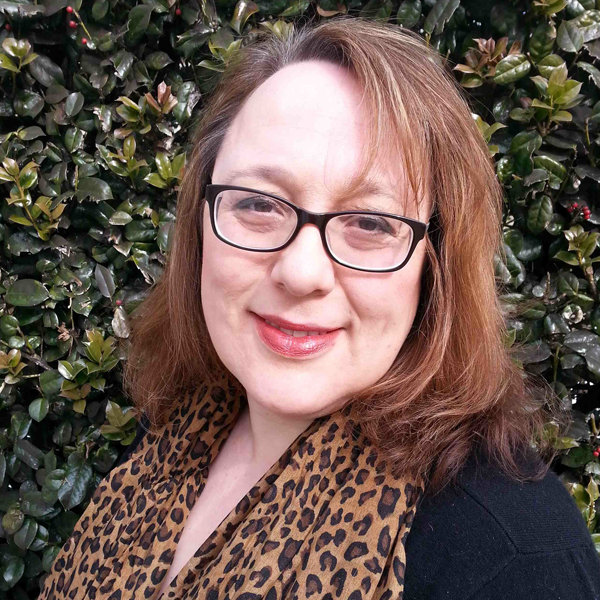
Caroline Bock
Fiction Editor, WWPH Writes
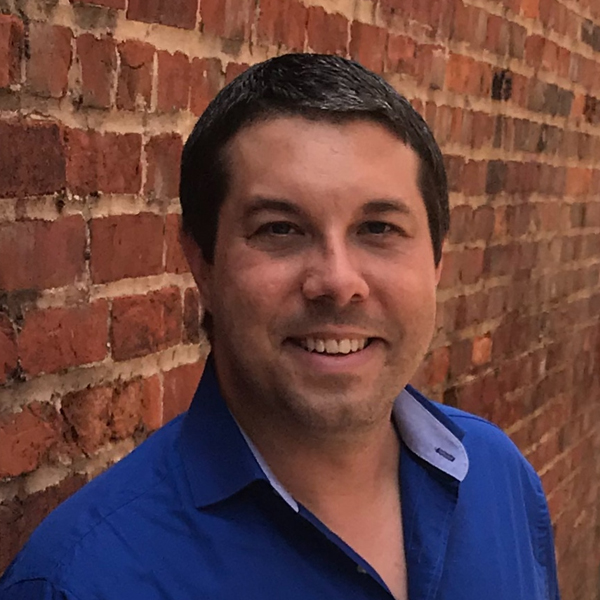
Jona Colson
Poetry Editor, WWPH Writes

